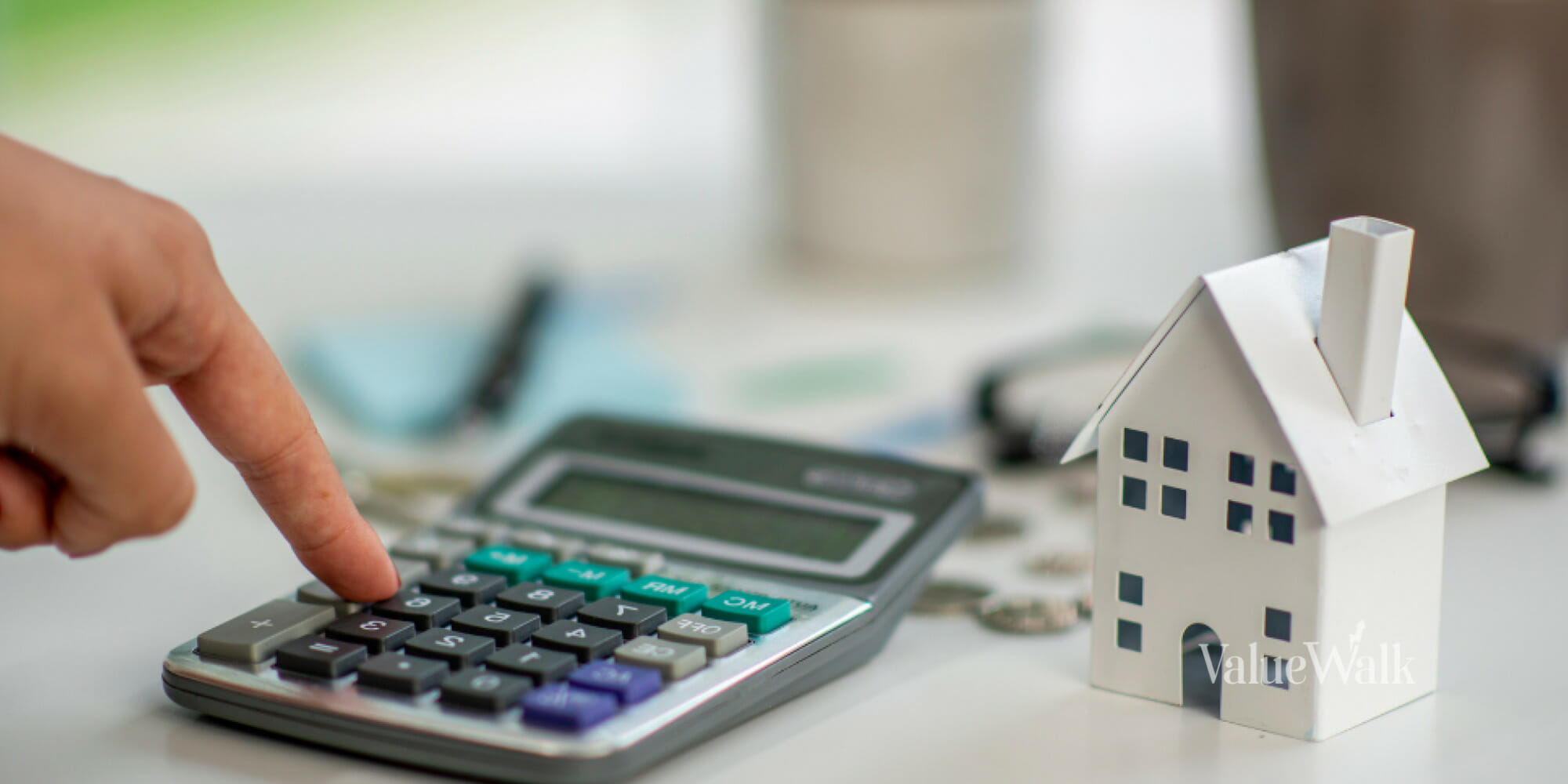The mortgage market has seen drastic changes though history. In October 1981, mortgage rates hit their record highs at 18.45% for 30-year FRM mortgage rates and 16.63% in annual average rates. January 2021 saw a drop in mortgage rates to record lows of 2.65% for 30-year fixed-rate mortgages. This was due to the Covid-19 pandemic. With that in mind, the question for today is, is 3.375 a good mortgage rate?
The current market rates have a 30-year fixed-rate loan asking for interest rates as high as 7.21%.
If you are out to buy a home, you must have huge savings to buy it in cash. If not, you may need the help of a mortgage lender. Your ideal lender must be willing to educate you on the ins and outs of the mortgage before handing you a pen to sign any document.
Ask around for rate quotes from several lenders to choose the one with the most favorable mortgage rates. Rate shopping might help you meet the cheapest lender on the market. Getting the lowest mortgage rates could leave you with substantial savings in the long run.
Mortgage rates as low as 3.375 are often available to top-tier borrowers. People with excellent credit history. Homebuyers with credit challenges might have to increase their down payments. This helps them to qualify for the lowest mortgage rates. You could also qualify for a low-interest rate if your debt-to-income ratio is low.
This article explains what a good mortgage rate is. We will also explain how to improve your personal credit profile. We will also touch on the several factors that affect your personalized rates.
What is a Good Mortgage Interest Rate?
Mortgage rates below the current market average are typically considered good rates. Your individual rate will depend on several factors, including your credit rating, loan type, and the entire loan term. The size of your down payment will also affect your average mortgage rate. Your down payment reduces the principal loan amount.
For example, if a person with a 25 percent down payment takes out a $1 million loan, the principal amount will reduce to $750,000.
It is important to ask for rate quotes from several lenders to compare. This will help you find the lowest interest rates on the market. Knowing what mortgage rates are available in the current market can help you get precise interest rates.
What To Consider For A Good Mortgage Rate
With the average rates at your fingertips, you will be better prepared for home-buying. This becomes even easier when you know what a good mortgage rate looks like. It is important to note that the mortgage rate quote you receive may vary from the promotional rates published by lenders.
Every mortgage lender will give you personalized rates depending on your finances and the size of your down payment.
Consider consulting an experienced loan officer before taking out a loan. A professional mortgage expert will educate you on additional costs involved in your deal. Additional borrowing costs include closing, property taxes, and mortgage insurance premiums.
Mortgage insurance premiums cover FHA loans. You might have to pay private mortgage insurance if you take a conventional loan.
Both the buying and selling parties may be subject to closing costs. A mortgage expert will also help you calculate the annual percentage rate of your loan. This is not calculated the same as interest rates. APR includes every cost you will pay towards your loan payment within the year.
Factors That Determine Your Mortgage Rate
There are a variety of factors that directly impact your mortgage interest rates. Understanding these factors can help you a lot when selecting your preferred lender.
Here are the main factors that will determine your mortgage rate.
Credit Score
Your credit score is one of the most critical factors affecting your mortgage interest rates. Your score is based on your credit history and state of debt. If you previously took a home loan, your credit history will show if you made your monthly mortgage payments on time. Your credit history will show if you were late on your monthly mortgage payments. This makes you a risky borrower, and the lender might not approve your loan application.
Mortgage lenders use credit scores to determine eligible borrowers. If your credit score is high, more lenders will be willing to offer you low-interest rates. A good credit score could save you a lot of money on your mortgage. So, it is important to watch your personal finances to keep your credit score at its best.
Down Payment
Another factor influencing your mortgage rate is the size of your down payment. If you have substantial savings, increase your down payment to reduce your principal amount. The more you can pay upfront, the better the mortgage rate you qualify for. Mortgage lenders see all sorts of borrowers every day. They view borrowers with substantial down payments as responsible and stable.
Loan Type
The type of mortgage loan you choose also affects your rate. Fixed-rate loans offer more competitive rates than adjustable-rate mortgages. This means a fixed-rate loan is better for those looking to save money over the long term.
You can apply for an FHA loan if your credit score is too low. FHA loans attract lower rates compared to conventional loans. If the situation is too bad and your credit score is critically low, a non Qualified Mortgage loan would be your best option. Lower-credit and non-Qm borrowers receive the highest mortgage interest rates on the market.
The Loan Term
The payment period of your loan is another determining factor of your interest rates. Your mortgage term is usually expressed in years and will determine how long it takes to repay the loan. Common terms are 15-year and 30-year mortgages. There are other options available depending on your financial situation.
Long-term loans usually attract low rates, but you’ll pay more for the extra years. Shorter-term loans can have higher rates, but you’ll save money over the life of the loan. All you have to do is pay your loan on time. 30-year loans attract lower interest rates than 15-year fixed-rate mortgages.
You can take a shorter-term loan if you consider your financial life healthy. It will have a higher annual percentage rate, but you will finish it sooner.
Interest Rate Type
The rate type you choose can also affect your mortgage rate. Fixed-rate mortgages have constant rates throughout the loan term. Adjustable-rate mortgages allow for more variation in monthly payments. It’s important to weigh both options carefully when deciding your loan type.
Principal Amount
The size of the principal amount borrowed will often influence the mortgage rate. Generally, larger loans have higher rates than smaller mortgages. Mortgage lenders consider larger loans riskier than smaller mortgages. Qualifying for a large loan may prove difficult unless you are a super-prime borrower.
You can reduce the principal amount by putting down a larger down payment. You will qualify for attractive rates if your principal amount is small.
Take a Look at How To Calculate Your Monthly Mortgage Payment Given The Principal, Interest Rate, & Loan Period:
State/ Location
Finally, your state can also be a factor in determining your mortgage rate. Some states have laws that cap the interest rates lenders can charge. Research the laws in your state before agreeing to a loan so you know what to expect. Also, buying a home in a state with many competing mortgage lenders means you pay lower rates.
By understanding these factors, you can make an informed decision when selecting the right loan product. Knowing what goes into determining your mortgage rate can help you save money and make buying a home easier.
Why Should Mortgage Rates Matter?
Interest rates are essential when making mortgage applications. Getting the lowest rate possible can help you save on the amount of money paid over the loan period. Higher mortgage rates mean expensive monthly payments and higher overall costs in interest.
How Much Does a 1% Difference in Your Mortgage Rate Matter?
A 1% difference in your mortgage rate can significantly impact how much you pay over the loan period. A 1% decrease in interest rates could result in thousands of dollars saved throughout the loan. An increase is the opposite. It means you will pay more in thousands of dollars over the loan term.
For example, if you were to purchase a $200,000 home with a 30-year fixed mortgage at 4.5%, you would have an estimated monthly payment of $1,013. However, if the interest rate increased to 5.5%, the estimated payment would jump to $1,136. That makes an additional $123 monthly.
FAQs
What is Considered A Good 30-year Mortgage Rate?
What is Considered a Good Total Interest Percentage?
Does Freddie Mac Lend Directly to Individuals?
Final Thoughts
Considering the current mortgage market, a 3.375 is a good rate. It is not the lowest mortgage rate, but it can provide an affordable loan payment and help you build equity in your home over time. Before signing on any dotted lines, shopping around for quotes is essential. Visit different lenders and compare your options before deciding.












